Description
Branched-Chain Amino Acids (BCAAs): Fueling Muscles and Recovery
Branched-Chain Amino Acids (BCAAs) have become a staple in the fitness and sports nutrition world. From seasoned athletes to casual gym-goers, many people are turning to BCAAs to enhance their performance and recovery. But what exactly are they, and how do they benefit your body? Let’s delve into the science behind these popular supplements.
What are BCAAs?
Amino acids are the building blocks of protein, and protein is essential for countless functions in the body, including muscle growth and repair. Of the 20 amino acids, nine are considered essential, meaning the body cannot produce them on its own and must obtain them through diet or supplementation. Among these essential amino acids are the three known as BCAAs:
- Leucine: Plays a crucial role in protein synthesis and muscle growth.
- Isoleucine: Involved in glucose metabolism and energy regulation.
- Valine: Contributes to muscle repair and fatigue reduction.
The defining characteristic of BCAAs is their unique branched molecular structure, hence the name. This structure allows them to be metabolized directly in the muscle, bypassing the liver, which contributes to their potential benefits.
Potential Benefits of BCAAs:
While research is ongoing and individual results may vary, studies have suggested several potential benefits associated with BCAA supplementation:
- Muscle Growth and Protein Synthesis: Leucine, in particular, is a key player in stimulating muscle protein synthesis, the process by which the body builds new muscle tissue. While BCAAs alone might not be as effective as complete protein sources, they can contribute to a positive muscle-building environment, especially when dietary protein intake is limited.
- Reduced Muscle Soreness: Studies have shown that BCAA supplementation can help reduce delayed-onset muscle soreness (DOMS) after intense exercise. This is likely due to their ability to reduce muscle damage and promote faster recovery.
- Decreased Muscle Fatigue: BCAAs, specifically valine, may help delay fatigue during exercise by reducing the uptake of tryptophan into the brain. Tryptophan is a precursor to serotonin, a neurotransmitter associated with fatigue.
- Enhanced Exercise Performance: By reducing fatigue and promoting muscle recovery, BCAAs can indirectly contribute to improved exercise performance. This can be particularly beneficial during prolonged endurance activities.
- Preserved Muscle Mass during Calorie Restriction: When dieting or cutting calories, the body may break down muscle tissue for energy. BCAAs can help preserve lean muscle mass during these periods, making them a popular choice for those aiming to lose weight while maintaining muscle.
How to Incorporate BCAAs:
BCAAs are available in various forms, including powders, capsules, and ready-to-drink beverages.
- Dosage: The optimal dosage of BCAAs varies depending on individual needs and activity levels. A common recommendation is around 5-20 grams per day, divided into multiple doses.
- Timing: BCAAs can be taken before, during, or after exercise. Some individuals find that taking them before exercise helps reduce muscle fatigue, while others prefer post-workout consumption to aid in recovery.
- Dietary Sources: BCAAs are also found in protein-rich foods such as meat, poultry, fish, eggs, dairy products, and legumes. Prioritizing a balanced diet with adequate protein intake is crucial for overall health and muscle recovery.
Important Considerations:
While generally considered safe for most individuals, there are a few points to consider:
- Potential Interactions: Consult with a healthcare professional before taking BCAAs if you have any underlying health conditions or are taking medications.
- Kidney Health: Individuals with kidney problems should exercise caution when supplementing with BCAAs, as they may put additional strain on the kidneys.
- Whole Food First: Prioritize consuming a balanced diet rich in protein from whole food sources. BCAAs can be a helpful supplement, but they should not replace a healthy diet.
Conclusion:
Branched-Chain Amino Acids offer a potential range of benefits for athletes and individuals looking to optimize their fitness and recovery. Their ability to stimulate muscle protein synthesis, reduce muscle soreness, and delay fatigue make them a popular supplement choice. However, it’s important to remember that BCAAs are not a magic bullet. They work best when combined with a healthy diet, consistent exercise, and adequate rest. As with any supplement, it’s always best to consult with a healthcare professional or registered dietitian to determine if BCAAs are right for you.



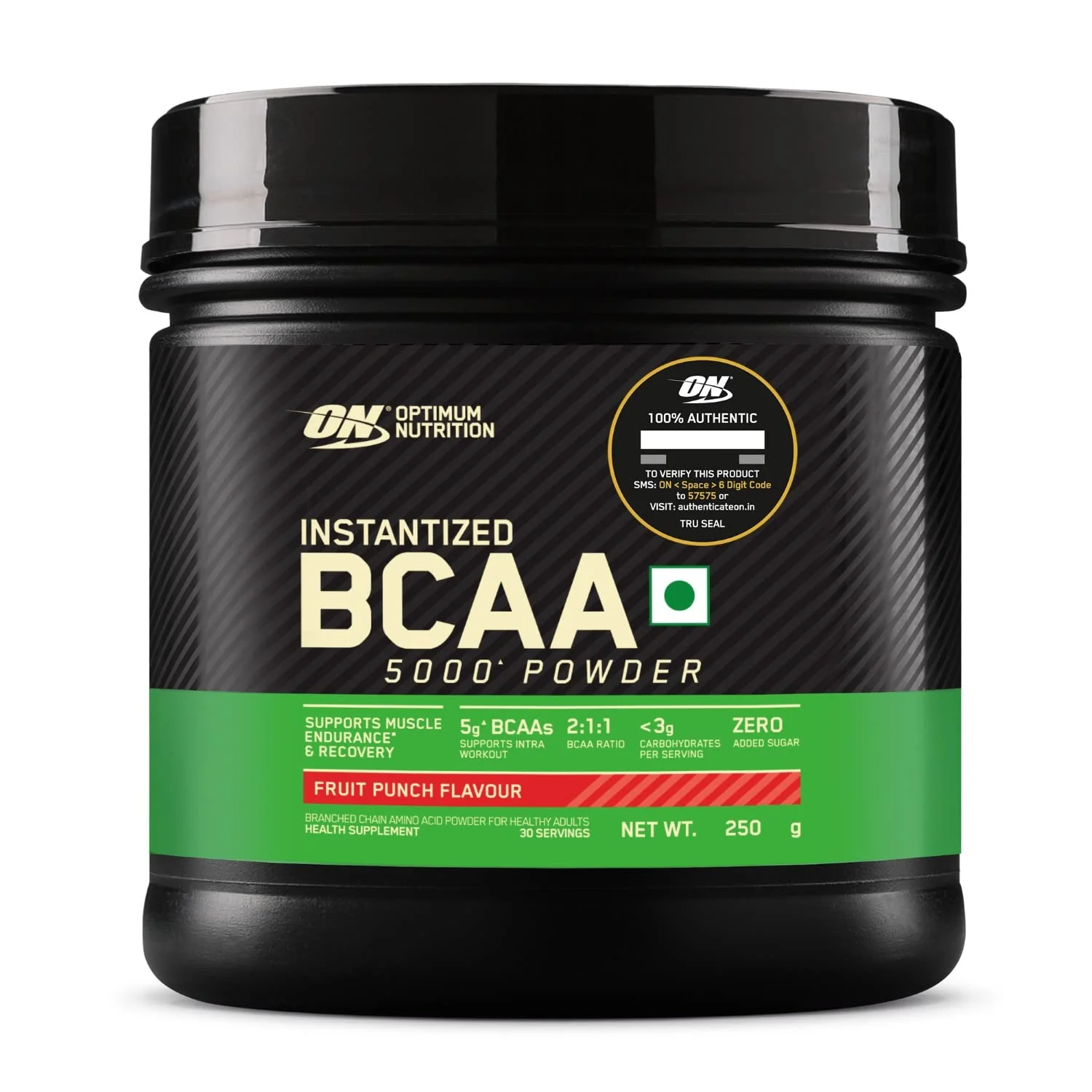

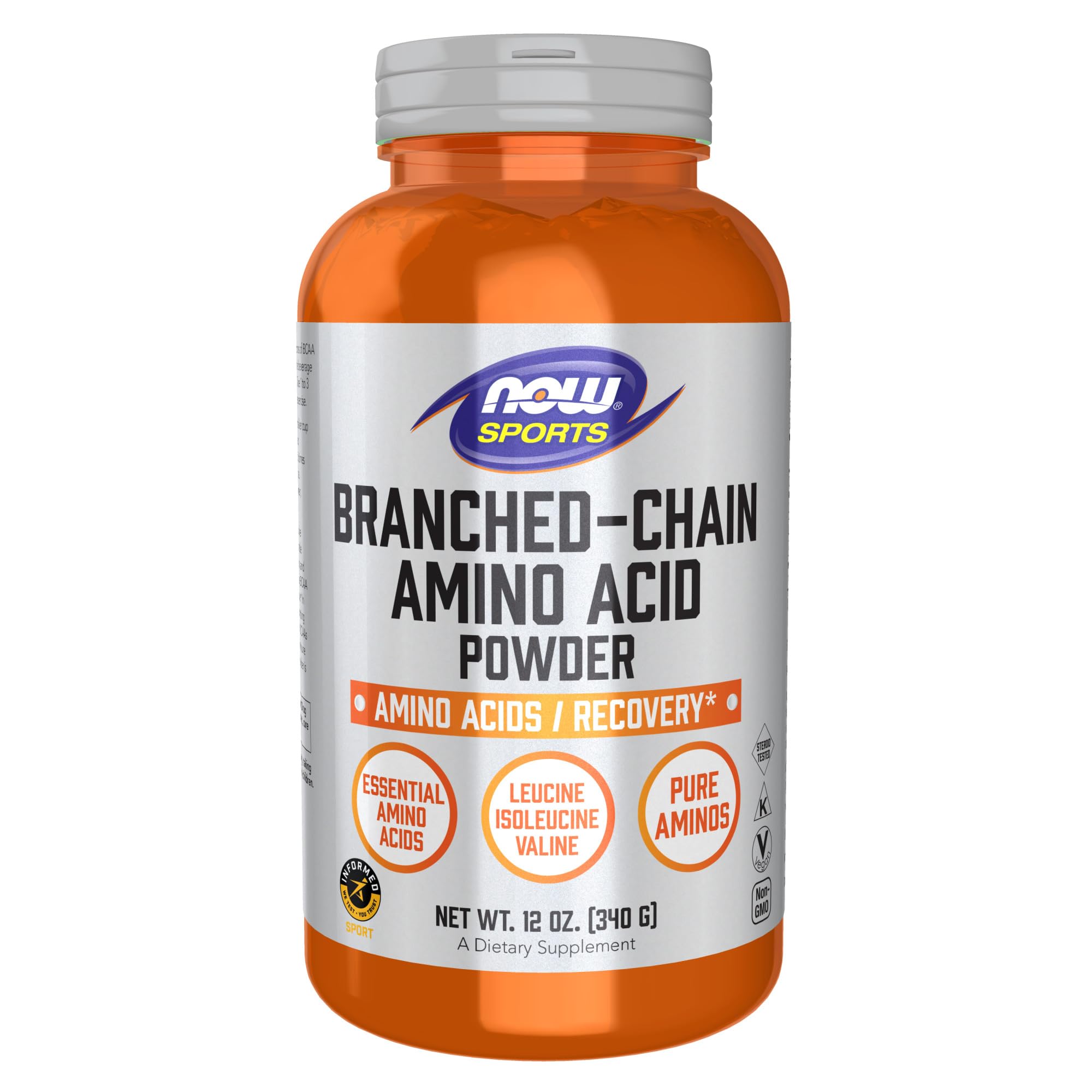
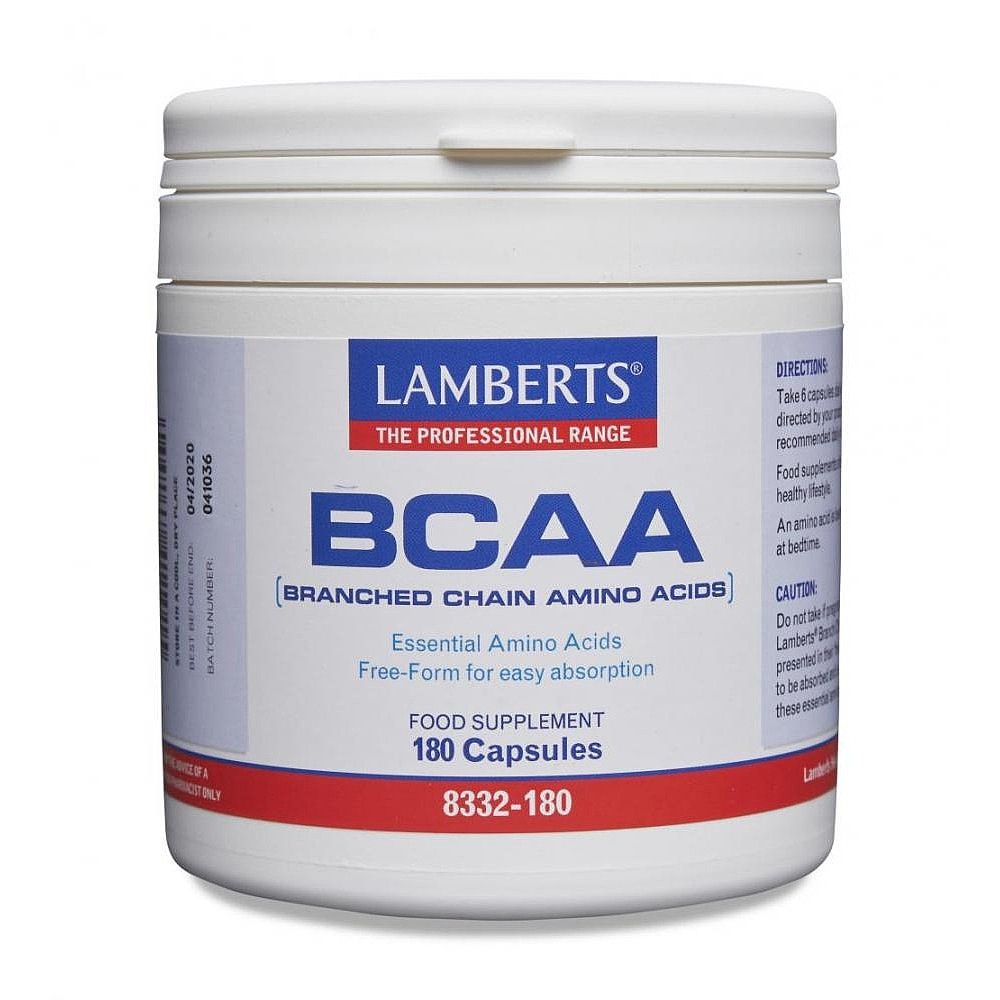


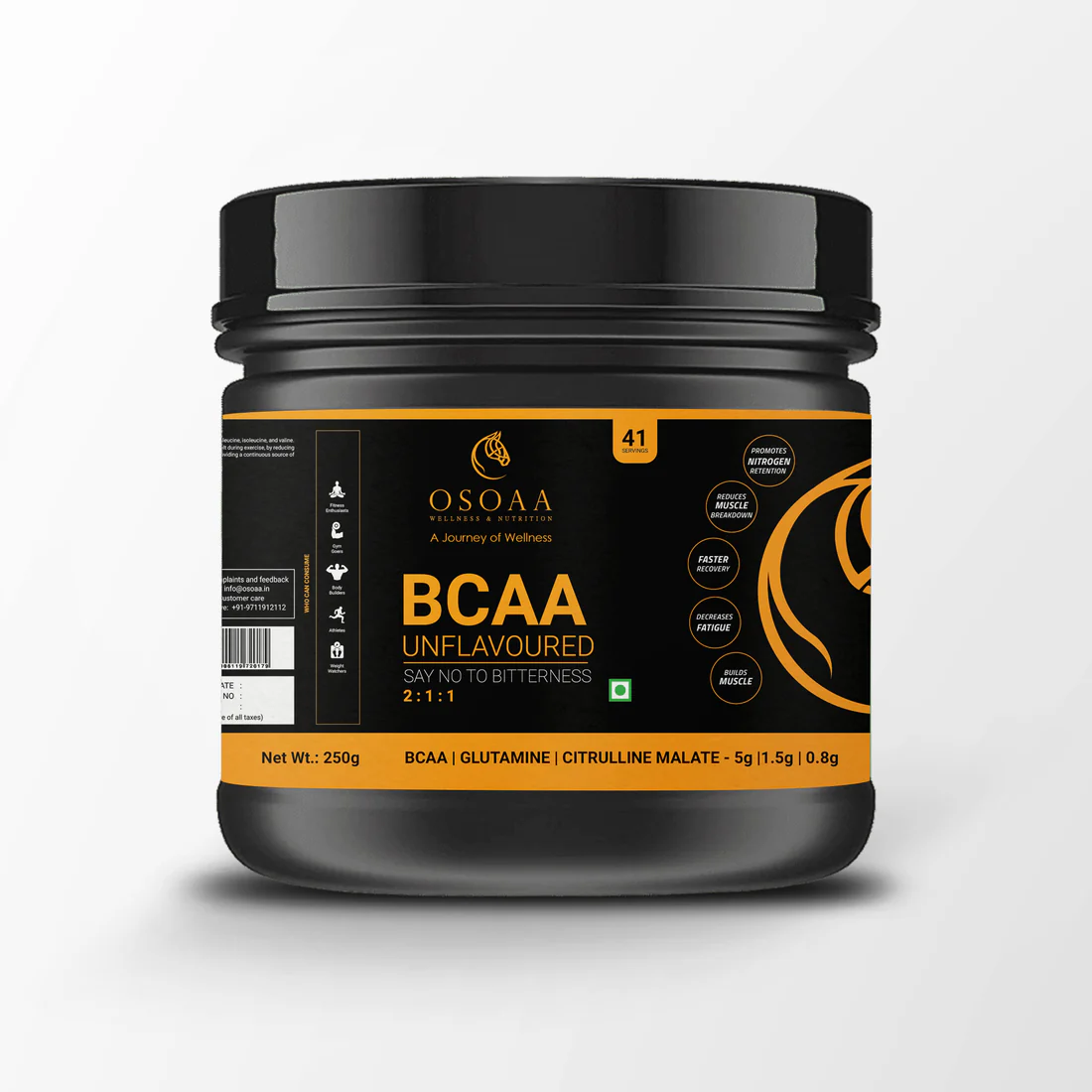
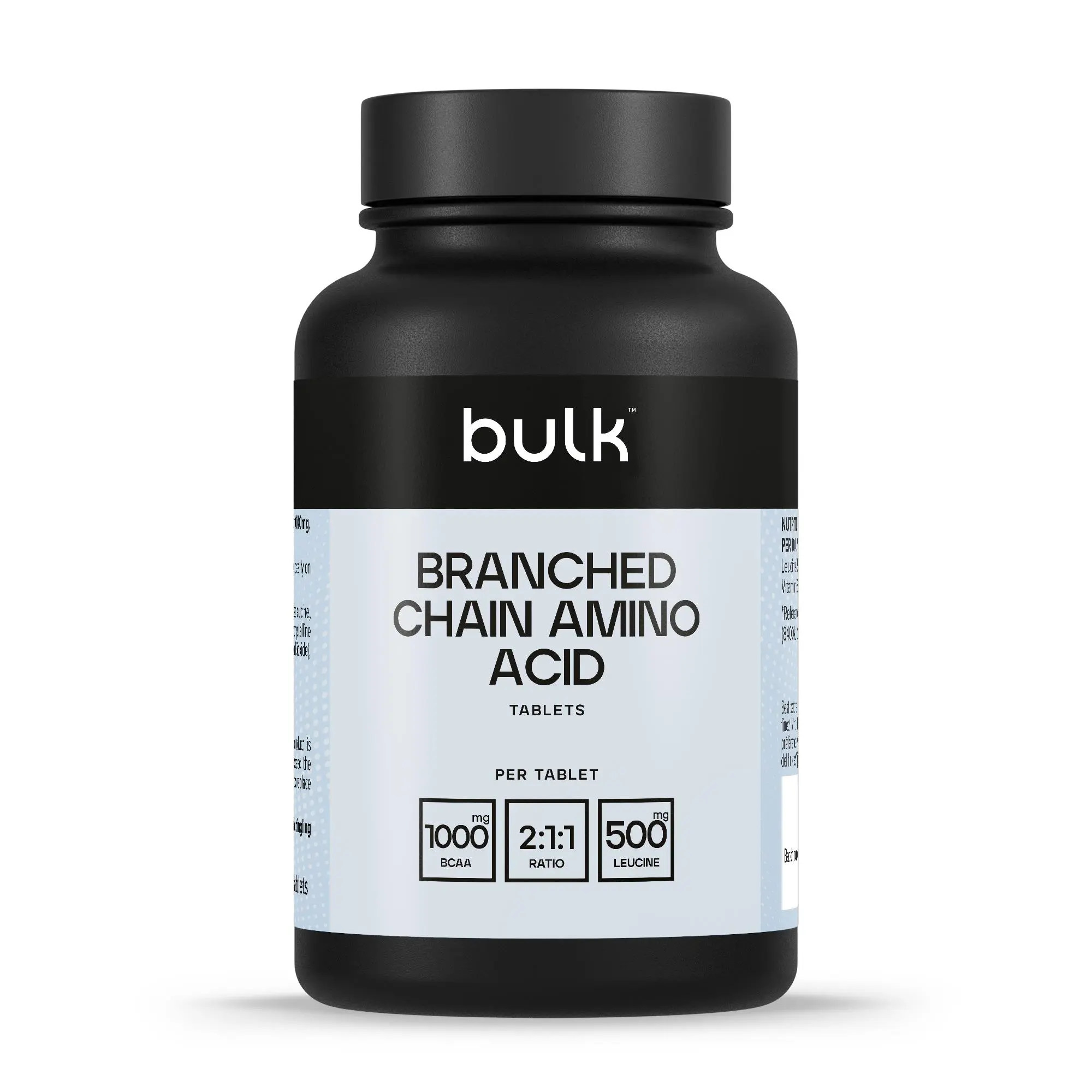





Reviews
There are no reviews yet.